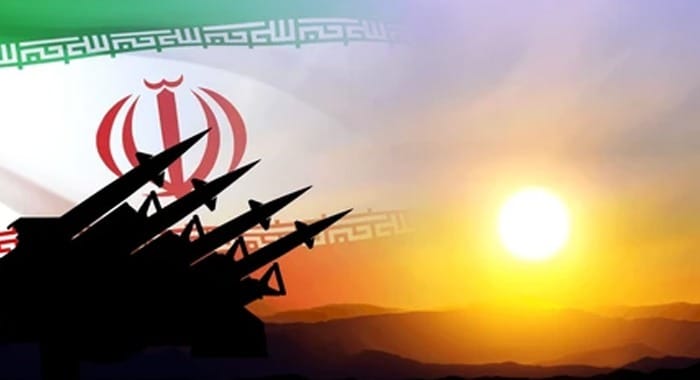Iran may be on the path to exiting the Nuclear Non-Proliferation Treaty (NPT), as lawmakers begin drafting legislation in response to intensifying pressure and conflict surrounding its nuclear programme. The announcement was made Monday by Foreign Ministry spokesperson Esmail Baghaei, who confirmed that the proposed bill is under development and that coordination between the government and the Islamic Consultative Assembly is actively underway.
“The proposed plans are being drafted, and necessary coordination with the parliament is underway,” Baghaei said during a press conference. “Iran will make an appropriate decision based on developments. We are in close contact with the parliament, and any decisions passed by the Islamic Consultative Assembly will be binding for the government.”
Iran has been a signatory to the NPT since 1970. The treaty permits member states to pursue peaceful nuclear technology, provided they renounce nuclear weapons development and remain subject to oversight by the International Atomic Energy Agency (IAEA). However, the relationship between Tehran and the global nuclear watchdog has grown increasingly strained.
Tensions surged last week after Israel launched airstrikes on Iranian targets, claiming that Tehran was nearing the capability to build a nuclear weapon, an allegation Iran firmly denies, maintaining that its nuclear ambitions are strictly peaceful.
Nevertheless, recent IAEA reports indicate that Iran has failed to meet several of its commitments under the NPT framework, deepening concerns within the international community about the country’s true intentions.
If Iran follows through with its withdrawal, the move would mark a major rupture with decades of international nuclear diplomacy and could significantly raise the stakes in an already volatile regional security environment.





